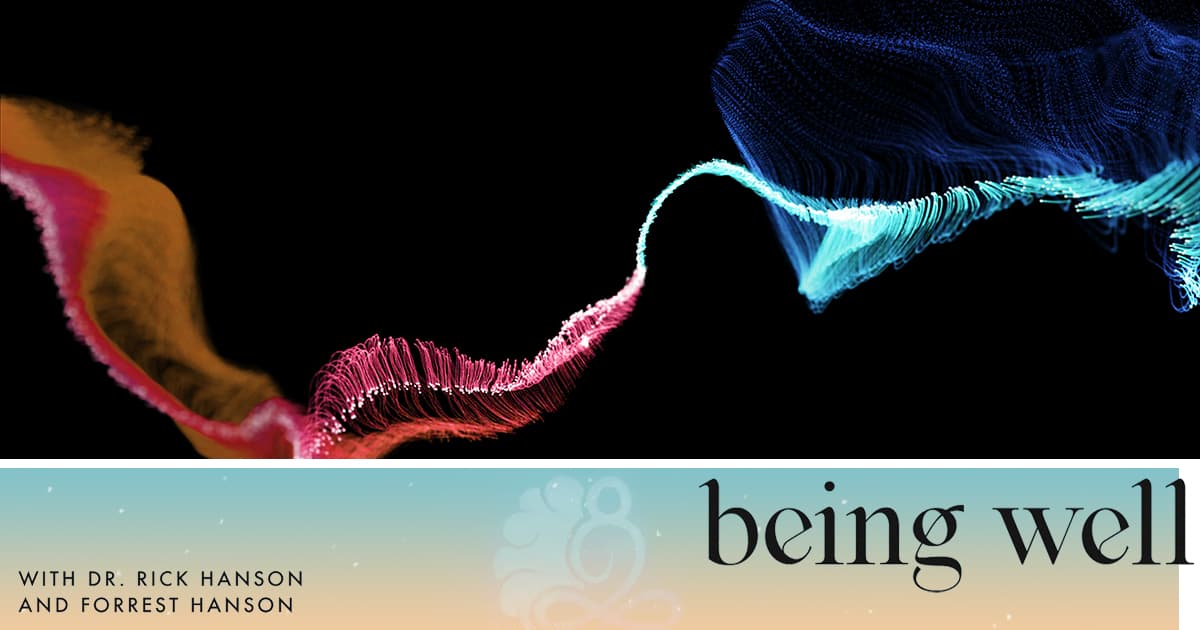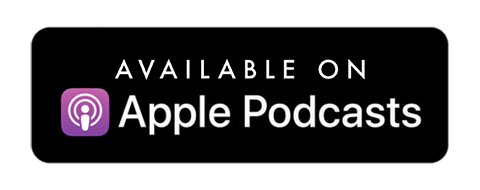18 Dec Being Well Podcast: Harnessing Your Generativity: The Secret to Productivity, Creativity, and Consistency

Dr. Rick joins Forrest on this episode of the Being Well Podcast for a deep dive into harnessing our natural generativity. How can we become more productive and creative, experience greater satisfaction, and lean into our biological drives to get more of what we want out of life?
They explore what a drive is, our natural drive states, and what we can learn from models of motivation like self-determination theory, before moving on to what we can do if generativity doesn’t come naturally to us. Rick and Forrest share how we can lean into enjoyable experiences, feel more competent and autonomous, and learn to brave experiences of failure. The second half of the episode focuses on psychological tools that help us activate, enjoy, and hang out in generative states more often.
You can watch this episode on YouTube.
Register for Rick’s Yearly Program! The Foundations of Well-Being 2.0 is a year-long, science-backed journey through developing 12 key inner strengths like compassion, mindfulness, confidence, motivation, and courage. It’s Rick’s flagship program, and if you like Being Well you’ll probably love it. Visit FWBProgram.com to learn more, and get 20% off with coupon code BeingWell20.
LISTEN
WATCH
Key Topics:
0:00: Introduction
1:10: Rick’s ability to stay generative.
3:25: Motivation, aggression, and our interdependence with others
12:10: A theoretical framework for generative drive
14:50: The process of making something as a form of healing
19:30: Confidence, autonomy, and relatedness
23:55: The way we think of ourselves
28:10: Agency, and what we can and cannot influence
34:30: Comfort with aggression
40:55: Work ethic, the role of passion and enjoyment, and finding your why
47:45: Competency and flow
50:55: Having positive associations with effort
57:10: Enriching vs. absorbing our experience
1:01:30: The little things that make a big difference
1:04:30: Recap
Support the Podcast
We’re now on Patreon! If you’d like to support the Being Well podcast, follow this link.
Zocdoc helps you find expert doctors and medical professionals that specialize in the care you need, and deliver the type of experience you want. Head to zocdoc.com/being and download the Zocdoc app for FREE.
Join over a million people using BetterHelp, the world’s largest online counseling platform. Visit betterhelp.com/beingwell for 10% off your first month!
Want to sleep better? Try the Calm app! Visit calm.com/beingwell for 40% off a premium subscription.
Connect with the show:






